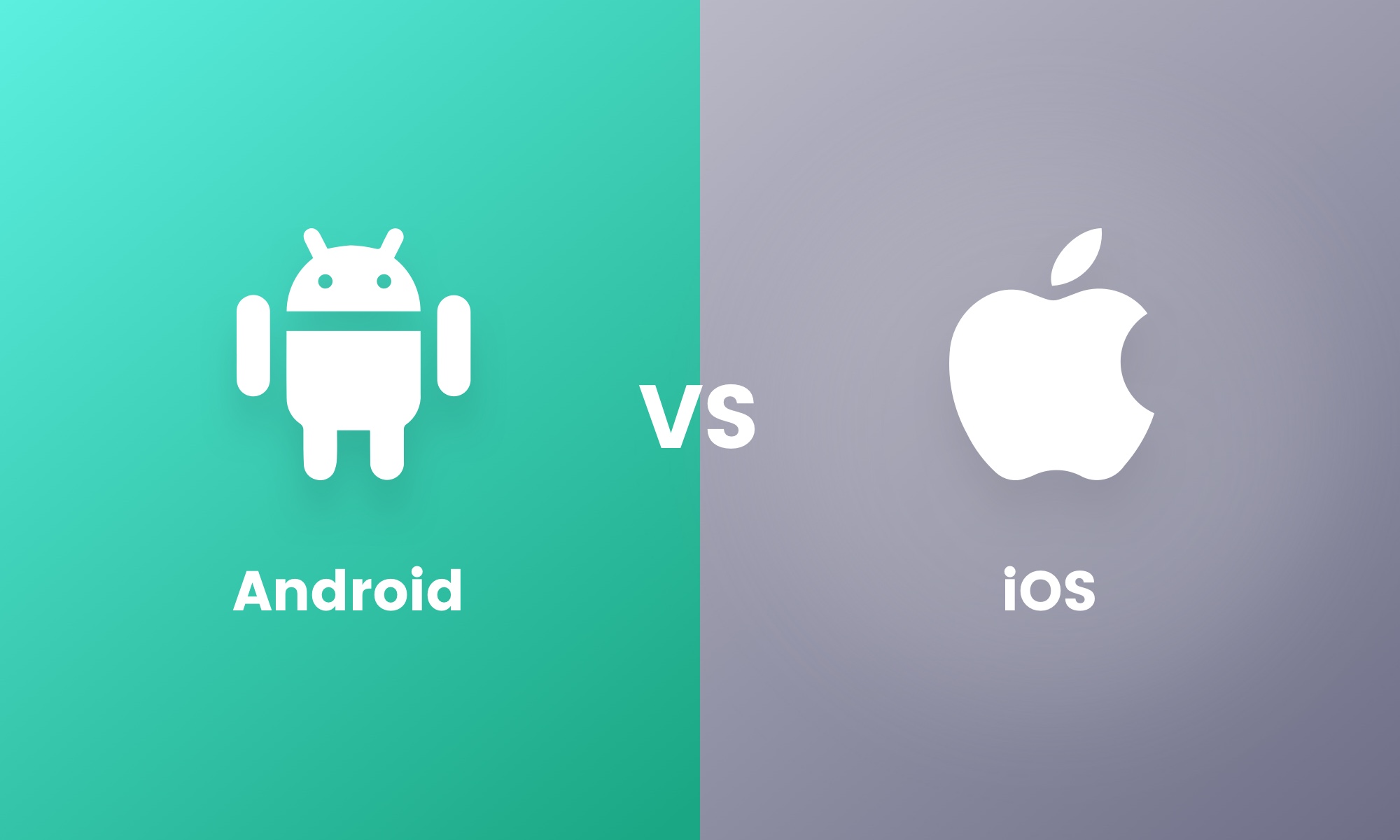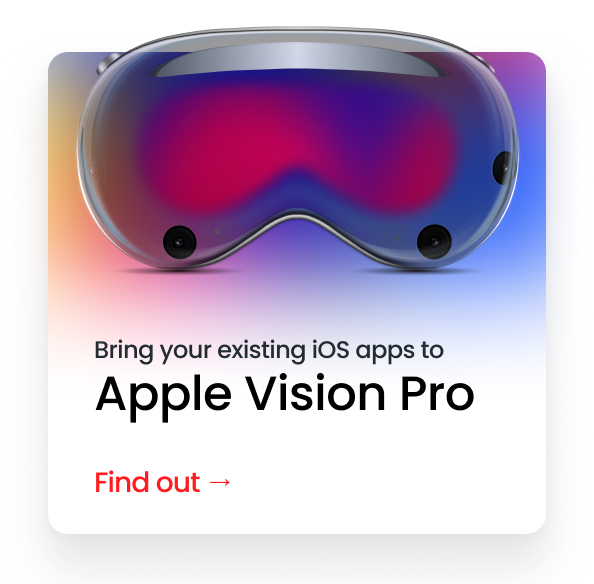How Android and iOS App Development are different?

Table of Contents
Mobile application development, a phrase that has changed the world around us and the way we live. In terms of industries, almost all the industries have mobile apps to reach to the audience without any limitations. Based on the reality that mobile devices have become the most easy way to sell business offerings, the next question pops up is what technology to choose to develop a mobile app, Android or iOS?
In this article, we go through several facts on both platforms which will help us understand the biggest differences between the iOS app development and Android app development. This will help you understand what to select if you are thinking of developing your first mobile app and launch into the market. To add to this, there are several key points and factors which will directly impact your decision to choose Android or iOS or both in the next blog.
Basic Differences Between Android & iOS Development
Location to Identify Target Audience
There is no doubt that Google-backed platform (Android) holds the largest market share. Under development or developing regional areas like Asia. South America, Africa, have maximum users who use Android mobile phones. Whereas, Apple’s focus has remained upon the premium customers that are having higher income. The engagement is more in the Apple devices while Android is going for the user volume clearly.
The Monetization Strategy / Revenue Model
You must be aware that apps in the Apple App Store are paid. Apple currently takes a 30% commission from the total price of paid apps and in-app purchases from the App Store. Despite being expensive or inexpensive, but not free at all, there are more downloads on the Apple Store rather than the Play Store. This is where it has been derived that the engagement is more. Whereas Android monetization strategy is largely dependent on the Google advertisements.
As a result, you need to analyse your monetization strategy and derive where your primary focus lies, to reach maximum users or to earn revenue with less users. Now you know the answer which one to go for, Android and iOS.
App Design
Screen sizes
The resolution understanding is very critical to make your designs look as per your expectations. Now, iOS devices including iPhones and iPads have two basic sizes. There are three different resolutions that can cover all the iPhones, and a few already cover the iPad range.
Whereas, Android range is much wider and the list of resolutions extends massively to look out for.
Navigation
Android-powered devices navigation bar is placed left while iOS one shifted to the top. Android-based prefers colorful icons while iOS keeps its navigation icons blue or gray by default.
Menu
In most of the cases, the Android apps prefer to have the drawer menu or hamburger that is placed on the left after the tap and pull gesture. While iOS platform gives priority to the tab bar to be placed at the bottom to have easier accessibility to the hidden menu.
Development
The Programming Language
There was a belief in the development world that iOS app development is faster than Android app development. The reason is the programming language, Java to build Android apps and Swift to build iOS apps. Swift remains faster than Java, hands down, as Java programmers required more time to code. But the latest entry of Kotlin programming language to build Android apps has caused the winds of change, because it is fast and easy.
IDEs
Android Studio and Xcode are used to develop Android and iOS apps respectively. Android Studio is a great tool for cross platform apps development, provides a range of functionality, and a simple yet powerful debugging tool. Xcode on the other hand, is known for its versatility and power-packed features to develop apps for all range of iOS devices like Mac, iPhone, Windows, Apple Watch, etc.
Speed
Android has a larger OS fragmentation compared to Apple. This makes Android platform creation more time consuming. On an average it can be said that the iOS app development process is approximately 35% faster than building an Android app of the same kind.
Cost
This is the point where it all matters, especially, if you have a limited budget for mobile app development. However, I would say that it can’t be said at the moment without knowing what you want. The cost of a mobile app totally depends upon the number of factors like the range and number of features, complexities, APIs and integration, and many more. However, I personally believe which may surprise many, but speed difference concludes the clear winner here. Android apps could be costlier due to the time it takes compared to iOS. Because the cost always depends on the total number of development hours.
Deployment on App Store vs Google Play Store
Launching Android apps on Google Play is faster than launching iOS apps on App Store. Google Play uses automated checks whilst iOS app reviewed by the quality experts personally that takes around 7 day period to get the app launched on the Apple’s App Store.
To Summarize…
If you do not have a budget problem and you wish to go for both platforms, please go for it. However, even the Fortune 100 companies will feel reluctant to do that. They will have a strategy in place what to give and what not to give in the first phase. This is the time to study and analyse the market and your customers.
The most crucial part is to analyze the components that differentiate these two platforms and keep them in mind when thinking of the app for your business.
Want expert and free consultation to develop a clone or a custom mobile app? Ask the expert team at IndiaNIC and get a quote.




